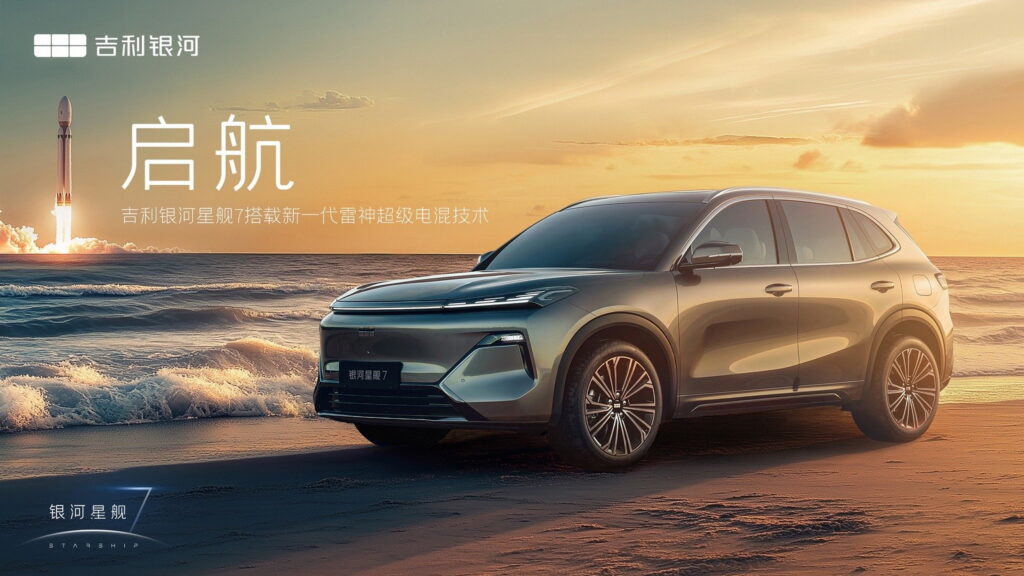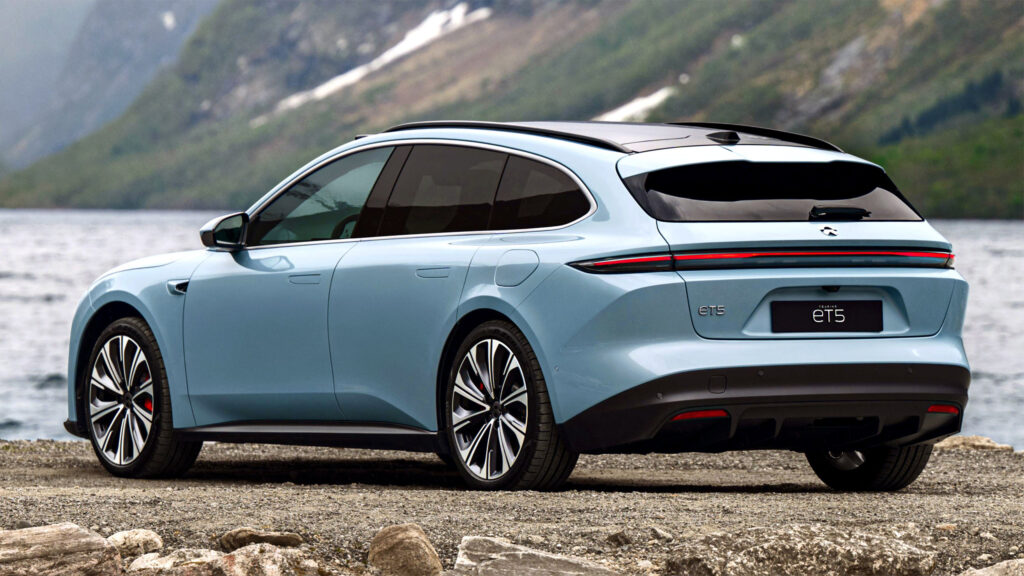- European tariffs on Chinese EVs will reach as high as 45.3% after failed negotiations for a resolution.
- The Chinese Ministry of Commerce advises local manufacturers to pause investments in countries that supported tariffs.
- Italy and France’s approval of import taxes could hinder their pursuit of investment from Chinese automotive brands.
European tariffs on Chinese-made electric vehicles took effect on Wednesday, after both sides failed to hammer out a resolution. The new policy slaps import taxes as steep as 45.3% on certain Chinese electric vehicles, a confrontational step that will likely reverberate across the industry.
These tariff hikes have been a long time in the making and came after an exhaustive investigation from the European Commission. Rates vary between companies depending on how cooperative they were with EU authorities. For example, SAIC, the parent company of MG, faces the steepest increase at 35.3%, in addition to the existing 10%. BYD, meanwhile, is absorbing an additional 17% tariff, and Geely’s rates have jumped by 18.8%.
Read: BYD Will Fight EU Tariffs By Producing Most EVs In Europe
Just as the new tariffs were enforced, Reuters reports that the Chinese Ministry of Commerce has told local car manufacturers they should pause investment plans in countries that voted in favor of the tariffs.
Unnamed sources say carmakers have been “encouraged” to invest only in countries that voted against the tariffs while remaining prudent about planned investments in countries who abstained from voting. Ten members of the European Union, including France, Poland, and Italy, threw their support behind the import taxes. A further 12 abstained from voting, while five members opposed them. These included Germany, the world’s third-largest economy, and an automotive juggernaut.

The insistence from the Ministry of Commerce to pause investments in countries that approved the hefty taxes could be bad news for Italy and France. Both countries have been feverishly courting Chinese car brands in recent months but voted to approve the tariff hikes. SAIC plans to open a parts center in France before the end of the year, and Italy has spoken with several companies looking to attract investment, including Chery and Dongfeng Motor.
Meanwhile, BYD appears to have played its cards just right. Long before the tariffs were even a rumor, the company committed to building a factory in Hungary, and as fate would have it, Hungary voted against the import taxes. BYD is also rumored to be weighing a shift of its European headquarters from the Netherlands to Hungary—a move that now looks not only shrewd but perhaps prophetic.



